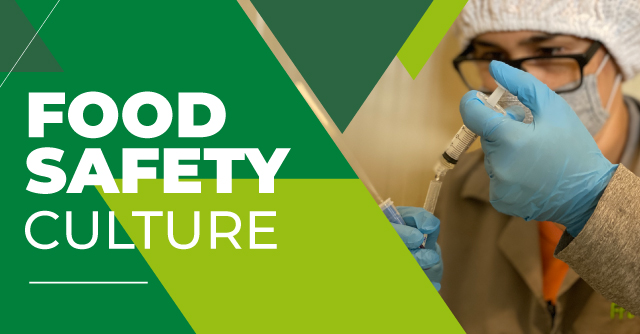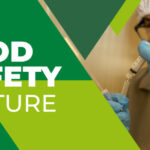
Food Safety Culture
Food Safety Culture
Nowadays, one of the biggest concerns of the consumer is to make sure that what they consume is quality and in the case of processed foods, that it is a safe product.
That is why the European economic community has established parameters that ensure that products meet the requirements that provide security in what is consumed.
The culture of innocuousness consists of the incorporation of habits of responsible behavior in the daily tasks of all the members of an organization in order to elaborate and commercialize safe food. It is important that the conduct of the people who participate throughout the entire food supply chain, in such a way that it results in safe food, hence we speak of not only food safety programs but we refer to food safety culture.
Safety is the set of necessary hygiene conditions and measures during food production, storage, distribution and preparation (Best GMP Manufacturing Practices) to ensure that once ingested they do not represent a health risk.
Aligned with the concept of Food safety culture that is defined as ¨ shared values, beliefs and norms ”that affect the way of thinking and behavior in relation to food safety in and across the length and breadth of an organization. FRUTA SANA has focused on the implementation of various actions both at the infrastructure level and at the staff level, involving staff in activities that raise awareness of the importance of safety in our jobs, homes and communities.
On the other hand, as part of the BRC certification process, FRUTA SANA, has developed a series of activities, focused on Food Safety. Among them we can mention:
- Creation of an own image of the safety team, through a contest among all the personnel. Encouraging participation and creating awareness of the importance of said department.
- Educational talks on disease prevention (COVID-19 pandemic) and delivery of prevention material against the virus.
- Celebrations of important dates in terms of prevention, such as World Handwashing Day and World Safety Day, among others.
- Recurring training on good manufacturing practices (GMP), Quality policies, pest control, Foodborne diseases ETAS, allergen, Food defense, Covid 19, etc.
- Establishment of a cleaning and washing process for process areas, which is essential, deep area washes are carried out before and after the process.
- Instruction to all personnel with the use of uniform, mouth covers and hair caps, etc. As well as strict cleaning policies for food handling.
- Perform daily product laboratory tests.
- Establishing guidelines and records of all processes for greater control, etc.
In addition to carrying out a whole plan of activities focused on transmitting to the staff that the Culture of Quality is part of our DNA.





